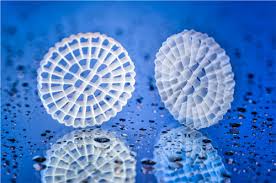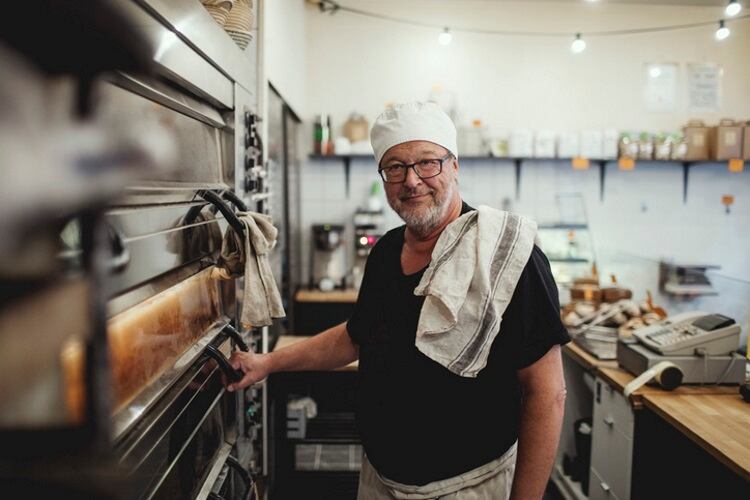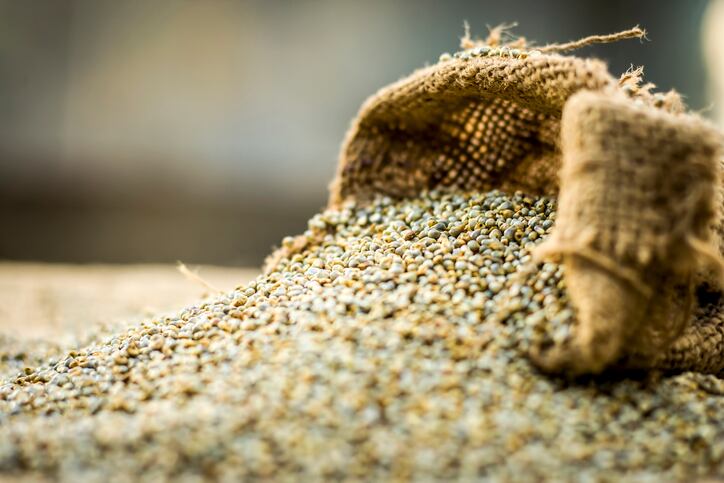The technology allows Kraft Heinz China to meet stringent national and provincial discharge standards.
Kraft Heinz
An American food company formed by the merger of Kraft Foods Group and Heinz in 2015, Kraft Heinz is the fifth-largest food and beverage company in the world.
The Kraft Heinz Yangjiang food factory in Guangdong covers more than 13 hectares, and will produce about 125,000 tonnes of soy sauce per year.
“By combining our technologies and our knowledge of local discharge limits, Veolia can help Kraft Heinz mitigate wastewater challenges in an increasingly environmentally conscious market,” said James Peng, MD, Solutions China, Veolia Water Technologies.
“As Veolia continues to expand its presence in Asia, we are confident our customer service will continue to benefit customers across various industries. We are excited about future growth opportunities here.”
Veolia will provide its AnoxKaldnes Biological Activated Sludge (BAS) technology in the Kraft Heinz Yangjiang factory.
Activated sludge
BAS is designed to provide a volumetric loading capacity, up to three times higher than conventional activated sludge.
It is a combination of Veolia’s AnoxKaldnes Moving Bed Biofilm Reactor (MBBR) and activated sludge processes which will allow Kraft Heinz to cope with an overall higher organic load than conventional activated sludge processes, with small footprint.
Apart from AnoxKaldnes BAS, the wastewater treatment plant will be equipped with a Dissolved Air Floatation (DAF) clarifier system for total phosphorous removal and biological sludge separation.
Veolia Water Technologies provides the complete range of services required to design, build, maintain and upgrade water and wastewater treatment facilities including: evaporation and crystallization, energy-producing sludge treatment, desalination and laboratory-grade water and mobile water services.
In 2017, the Veolia group supplied 96 million people with drinking water and 62 million people with wastewater service, produced nearly 55 million megawatt hours of energy and converted 47 million metric tons of waste into new materials and energy.




